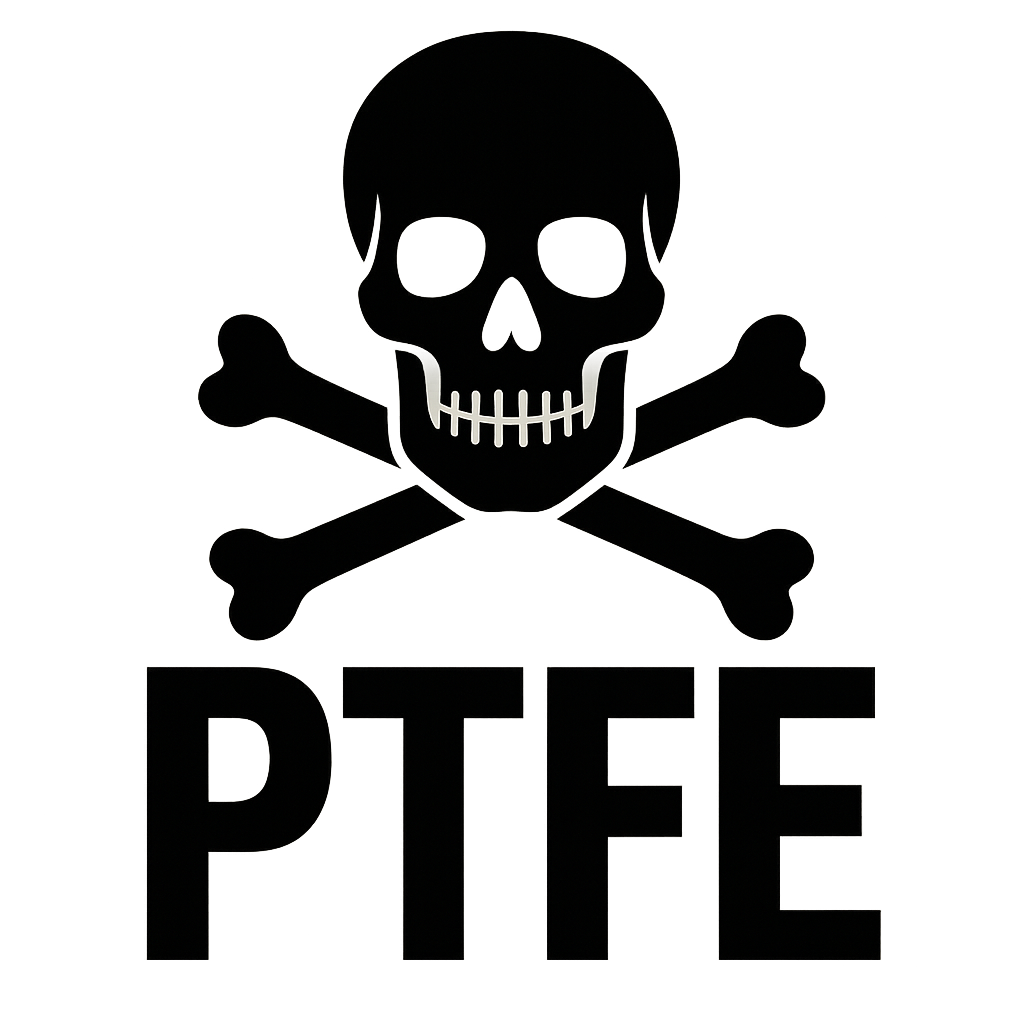Home
>
Car Care Talk
>
Is anyone in the automotive lubricant industry using PTFE as one of the additives?

Is anyone in the automotive lubricant industry using PTFE as one of the additives?
Use of PTFE as an Additive in the Automotive Lubricant Industry
Summary: We at BestLine Racing Do Not Use PTFE in Our Additives. Be careful some other brands do use PTFE (Teflon)
PTFE (polytetrafluoroethylene), commonly known by the brand name Teflon, has been used as an additive in some automotive lubricants, particularly in aftermarket oil additives and specialty products. However, its use is controversial and not widely endorsed by major engine or oil manufacturers.
Current Use in the Industry
-
Aftermarket Additives:
Several aftermarket oil additives have been marketed with PTFE as a key ingredient. Notable examples include products like Slick 50, Lubrilon, and Microlon, which suspend PTFE powders in mineral or synthetic oils and claim benefits such as reduced friction and engine wear. These products have been widely sold and promoted to consumers. -
Specialty Lubricants:
PTFE is commonly used in dry film and spray lubricants for non-engine automotive applications, such as lubricating chains, bearings, and tools. For example, Xenum's Dry Gliss and certain CRC products utilize PTFE for its low friction and non-stick properties in these contexts. -
Engine Oils:
Despite its presence in aftermarket additives, PTFE is not used by major engine oil manufacturers as a standard additive in engine oils. Both engine and oil manufacturers have found no commercial advantage in using PTFE in engine oils, and the company behind Teflon (DuPont) has publicly stated that PTFE is not useful as an ingredient in oils for internal combustion engines.
Industry and Scientific Consensus
-
Manufacturer Warnings:
DuPont, the inventor of PTFE, has explicitly discouraged its use in engine oil additives, citing a lack of evidence for its effectiveness and potential for harm. They have even taken legal action against companies using Teflon in oil additives. -
Technical Challenges:
PTFE is a solid particle that does not naturally disperse well in oil. Poor dispersion can lead to clumping, filter blockage, and sedimentation, potentially depriving engine parts of proper lubrication. Laboratory and NASA tests have found no benefit—and sometimes detrimental effects—from PTFE additives in engine oils. -
Alternative Uses:
While not recommended for engine oils, PTFE remains valuable in greases, specialty lubricants, and as a dry film for non-critical or exposed automotive components.
Notable Brands and Products
| Product/Brand | PTFE Use | Application Area |
|---|---|---|
| Slick 50, Lubrilon | Yes (aftermarket) | Engine oil additive (not OEM recommended) |
| Super Lube® Syncolon® | Yes | Engine treatment, specialty lubricants |
| CRC Power Lube | Yes | Industrial and automotive lubricants |
| Xenum Dry Gliss | Yes (as dry lubricant) | Chains, bearings, tools |
| Various PTFE greases | Yes | Greases for bearings, seals, etc. |
Conclusion
PTFE is used as an additive in some automotive lubricants, primarily in aftermarket oil additives and specialty products such as dry lubricants and greases. However, it is not used or recommended by major engine oil manufacturers for internal combustion engine oils due to technical challenges and lack of proven benefit. Its primary value in the automotive sector lies in non-engine applications where its low friction and non-stick properties are advantageous.
Share

